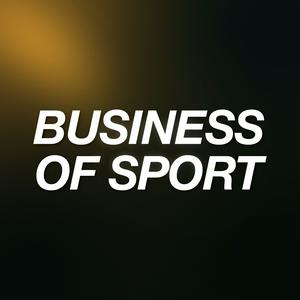After numerous shows with players from Wales, New Zealand, South Africa, France, we have ourselves an England international. And what a way to kick off the red rose association.
Anthony Watson is one of the game’s biggest names over the last decade. He broke onto the scene young, played over 50 times for England, a double British & Irish Lion, and retired by 30. Injury prevented him from achieving even more, but as you will hear it also opened up other opportunities for him. From losing his way when first dealing with life in the spotlight, to university and masters degrees with a big future to look forward to, this is an incredible insight into how the world of elite sport can deliver big success both on and off the pitch. We’re delighted to welcome Anthony to Business of Sport.
Retirement, Injury & Identity:
Why long injury spells prepared Anthony for the reality of retirement.
The shock of going from England international to silence overnight.
The unhealthy obsession with recovery and performance that followed.
Building purpose beyond rugby through media, business and new ventures.
Eddie Jones, England & Elite Standards:
Why Eddie Jones was a better man manager than people realise.
The detail and intensity required to succeed in the England environment.
What really went wrong at the 2015 Rugby World Cup.
The Business of Rugby & Innovation:
Why the Premiership needs radical innovation beyond the pitch.
The reality of salary caps, squad depth and financial sustainability.
R360, disruption and why rugby cannot afford to stand still.
Player Welfare, Superstars & Growth:
Why growing the game cannot come at the expense of player health.
The tension between protecting athletes and building global appeal.
Whether rugby relies too heavily on its biggest names.
A huge thank you to our amazing partners on the show:
Gemini Sports
We empower the most confident sports organisations on Earth https://geminisports.ai/
Slate
The complete content creation platform for social teams https://slateteams.com/
Seat Unique
Discover your next premium experience https://wgl.io/s10it7


